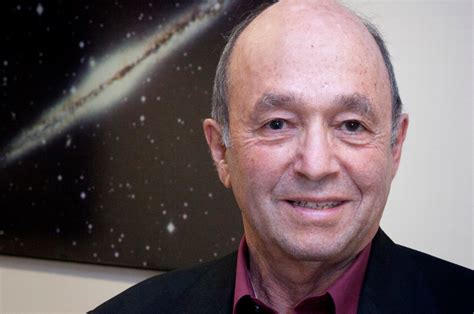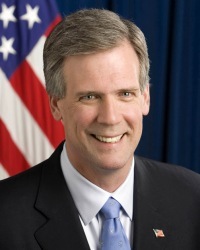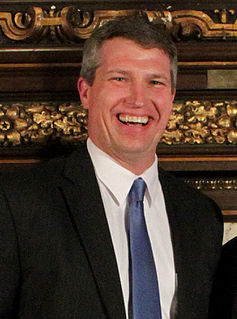A Quote by Walter E. Williams
People who denounce the free market and voluntary exchange, and are for control and coercion, believe they have more intelligence and superior wisdom to the masses. What's more, they believe they've been ordained to forcibly impose that wisdom on the rest of us. Of course, they have what they consider good reasons for doing so, but every tyrant that has ever existed has had what he believed were good reasons for restricting the liberty of others.
Related Quotes
The wisdom of the chess player is displayed more in winning over a capable opponent than a novice. The wisdom of the general is displayed more in defeating a superior army than in subduing an inferior one. Even more so, the wisdom of God is displayed when He brings good to us and glory to Himself out of confusion and calamity rather than out of pleasant times.
It [the free market] is an organizational way of doing things, featuring openness, which enables millions of people to cooperate and compete without demanding a preliminary clearance of pedigree, nationality, color, race, religion, or wealth. It demands only that each person abide by voluntary principles, that is, by fair play. The free market means willing exchange; it is impersonal justice in the economic sphere and excludes coercion, plunder, theft, protectionism, and other anti-free market ways by which goods and services change hands.
For instance, on the planet Earth, man had always assumed that he was more intelligent than dolphins because he had achieved so much—the wheel, New York, wars and so on—whilst all the dolphins had ever done was muck about in the water having a good time. But conversely, the dolphins had always believed that they were far more intelligent than man—for precisely the same reasons.
I, myself, write to change my life, to make it come out the way I want it to. But other people write for other reasons: to see more closely what it is they are thinking about, what they may be afraid of. Sometimes writers write to solve a problem, to answer their own question. All these reasons are good reasons. And that is the most important thing I'll ever tell you. Maybe it is the most important thing you'll ever hear. Ever.
Those people who have got wisdom are very lucky people, but wisdom comes from no source but your own understanding of life. When a person starts thinking, "Why am I doing such and such thing ? What is the effect of my doing ? What is the result of my behaviour ? Is it good for me or bad for me ? " , then wisdom comes.
It is rather more noble to help people purely out of concern for their suffering than it is to help them because you think the Creator of the Universe wants you to do it, or will reward you for doing it, or will punish you for not doing it. The problem with this linkage between religion and morality is that it gives people bad reasons to help other human beings when good reasons are available.




































